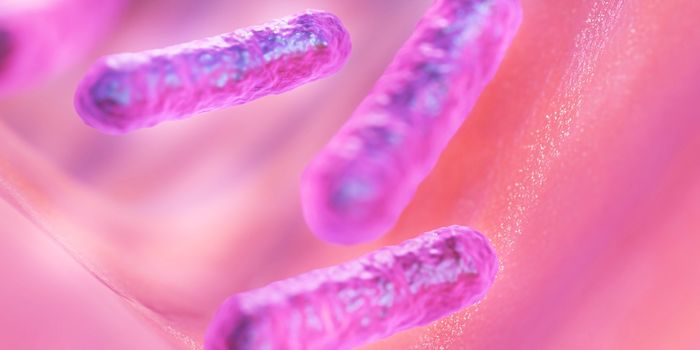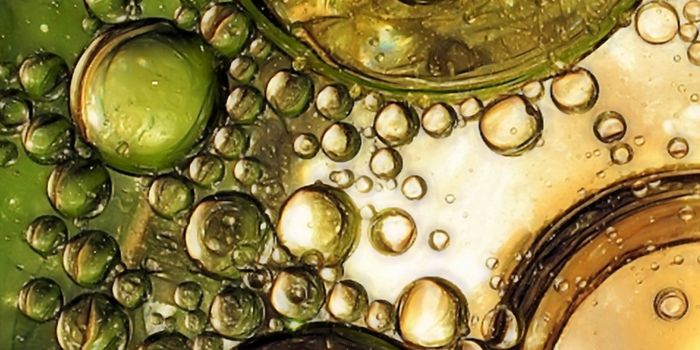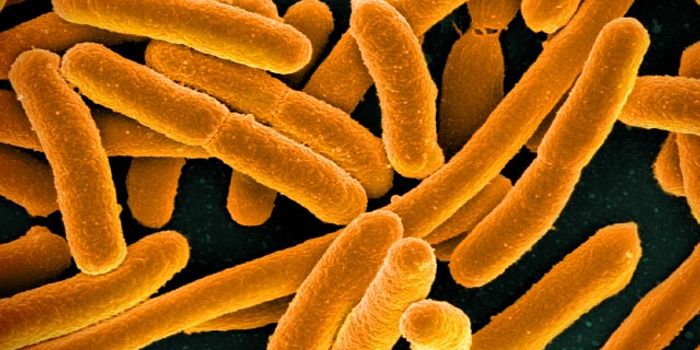Large Study Shows That Birth Mode Impacts Infant Microbiome
Animals, including humans, live in symbiosis with microorganisms. From birth to death, we carry them with us, and they can have a powerful influence on our health and well-being. Scientists are beginning to learn more about how this microbial community affects us, and how our microbiomes develop. Several studies have shown that the microbiome is impacted by mode of birth - babies born by Caesarean section have a different microbome than babies born vaginally. But those studies have been relatively small, with around forty infants in each.
Now a study reported in Nature by team of UK researchers has confirmed those findings in a much larger cohort. The investigators assessed fecal samples taken from babies at four, seven or 21 days old that were born in UK hospitals by Caesarean or vaginal delivery; 1,679 gut microbe samples from around 600 healthy babies and 175 mothers were studied.
A genetic analysis revealed the microbial strains that were present in the babies’ guts. It showed that there was a significant difference between the microbiomes depending on the mode of delivery. Babies born vaginally carried far more beneficial bacteria from their mothers, compared to babies who were born by Caesarean section, who had more bacteria associated with hospitals.
"This is the largest genomic investigation of newborn babies' microbiomes to date. We discovered that the mode of delivery had a great impact on the gut bacteria of newborn babies, with transmission of bacteria from mother to baby occurring during vaginal birth. Further understanding of which species of bacteria help create a healthy baby microbiome could enable us to create bacterial therapies," said senior study author Dr. Trevor Lawley of the Wellcome Sanger Institute.
Importantly, the babies’ microbiomes began to resemble each other more as time went on. "Our study showed that as the babies grow and take in bacteria when they feed and from everything around them, their gut microbiomes become more similar to each other. After they have been weaned, the microbiome differences between babies born via Caesarean and delivered vaginally have mainly evened out. We don't yet know whether the initial differences we found will have any health implications," explained senior study author Dr. Nigel Field of University College London.
"In many cases, a Caesarean is a life-saving procedure and can be the right choice for a woman and her baby," said Dr. Alison Wright, a Consultant Obstetrician and Vice President of The Royal College of Obstetricians and Gynecologists. "The exact role of the microbiome in the newborn and what factors can change it are still uncertain, so we don't think this study should deter women from having a Caesarean. This study shows that more research is required to improve our understanding of this important area."
The infants were not carrying vaginal bacteria from mom, however - the babies are not taking it in as they move down the birth canal as some studies have suggested. The baby gut microbiomes were carrying lots of bacteria that were also found in the mothers’ guts. This suggests that vaginal swabbing practices are not doing any good for C-section babies.
Mother that have a Caesarean also usually get antibiotics, which could be affecting the developing microbiome, noted the authors.
"The first weeks of life are a critical window of development of the baby's immune system, but we know very little about it. We urgently need to follow up this study, looking at these babies as they grow to see if early differences in the microbiome lead to any health issues. Further studies will help us understand the role of gut bacteria in early life and could help us develop therapeutics to create a healthy microbiome," said the Principal Investigator of the Baby Biome Study, Professor Peter Brocklehurst, of the University of Birmingham.
Sources: AAAS/Eurekalert! via Wellcome Trust Sanger Institute, Nature









